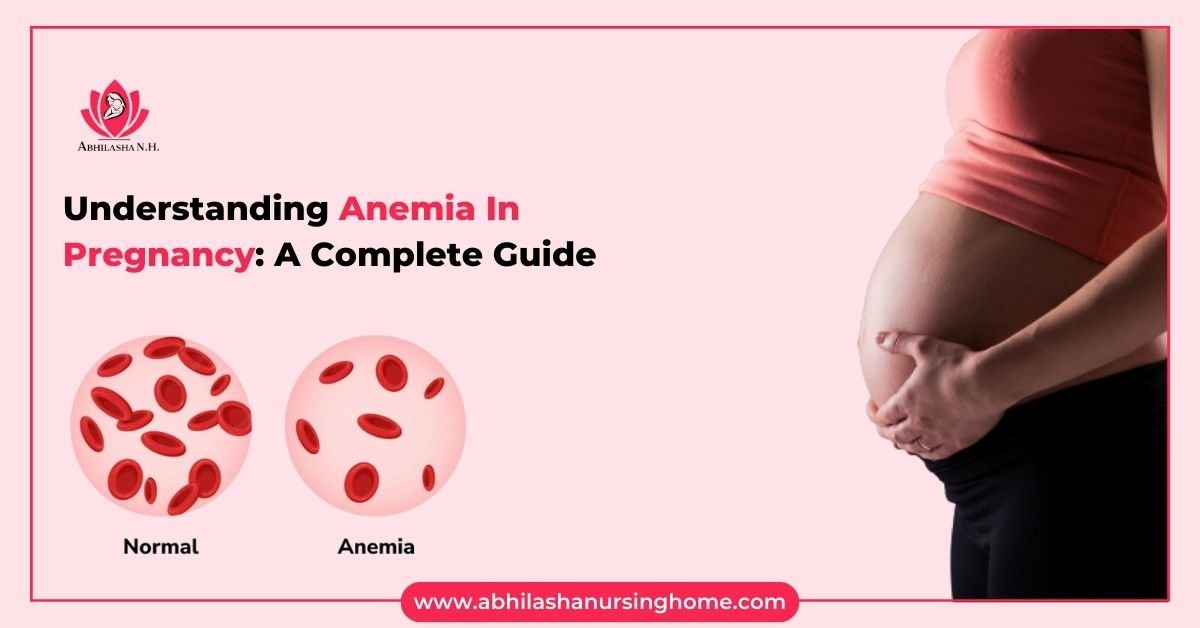Pregnancy is a miraculous journey, but it comes with its set of challenges, and one common concern that many expecting mothers face is anemia. Anemia during pregnancy can impact both the mother and the baby, making it crucial to comprehend its symptoms, preventive measures, and available treatments. In this comprehensive guide, we’ll delve into the various aspects of anemia during pregnancy, empowering you with the knowledge to navigate this health concern with confidence.
Anemia During Pregnancy: Preventions, Symptoms & Treatment
Anemia, characterized by a deficiency of red blood cells or hemoglobin, is a condition that can affect anyone. However, the stakes are higher during pregnancy as the body demands more blood to support the growing baby. Understanding the symptoms of anemia is the first step in addressing this condition.
Symptoms of Anemia During Pregnancy: When Should You See Your Doctor?
Recognizing the signs of anemia early on can make a significant difference in managing the condition. Common symptoms include fatigue, pale skin, shortness of breath, and dizziness. However, the intensity of these symptoms can vary from person to person. Knowing when to seek medical attention and discussing your symptoms with your healthcare provider is essential. Timely intervention can prevent complications and ensure a healthier pregnancy.
How can I prevent anemia during pregnancy?
Prevention is vital when it comes to managing anemia during pregnancy. Fortunately, you can take several proactive measures to reduce the risk of developing this condition. A well-balanced diet rich in iron, folic acid, and vitamin B12 is crucial for maintaining healthy hemoglobin levels. Your healthcare provider may also recommend supplements to meet the increased nutritional demands of pregnancy. Lifestyle factors, such as regular exercise and proper hydration, prevent anemia.
Can We Treat Anemia during Pregnancy?
If anemia is diagnosed during pregnancy, there are effective treatment options available. Iron supplements are commonly prescribed to boost iron levels in the body, addressing the underlying cause of anemia. However, following your healthcare provider’s guidance regarding dosage and potential side effects is essential. In some cases, additional interventions may be necessary, and your healthcare team will tailor the treatment plan to suit your specific needs.
In conclusion, anemia during pregnancy is a manageable condition with proper awareness, prevention, and treatment. Regular prenatal check-ups, a nutritious diet, and open communication with your healthcare provider are essential to a healthy pregnancy. By staying informed and proactive, you can safeguard your and your baby’s well-being, ensuring a positive and fulfilling pregnancy experience.

